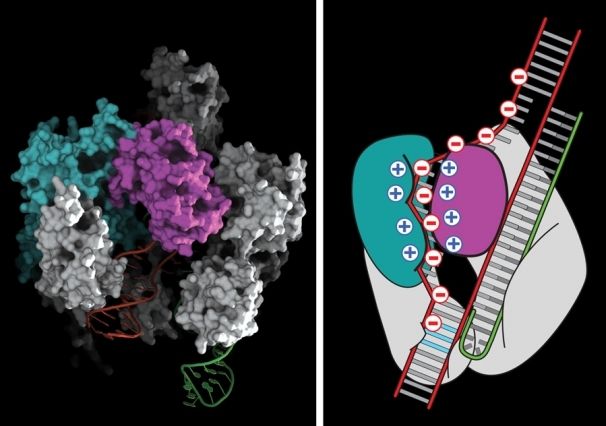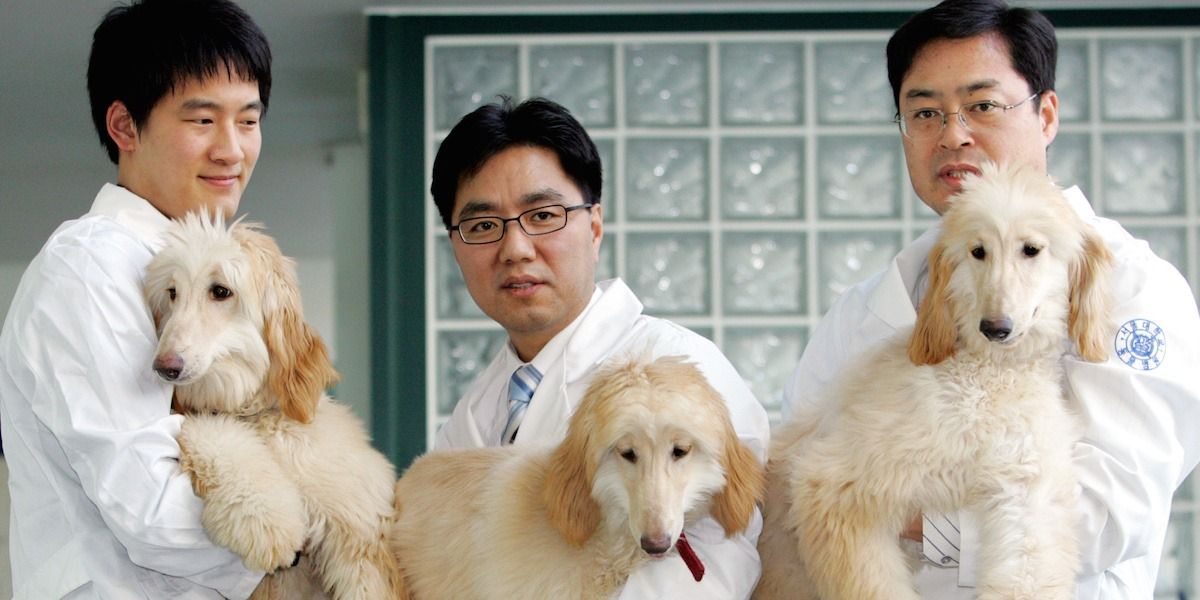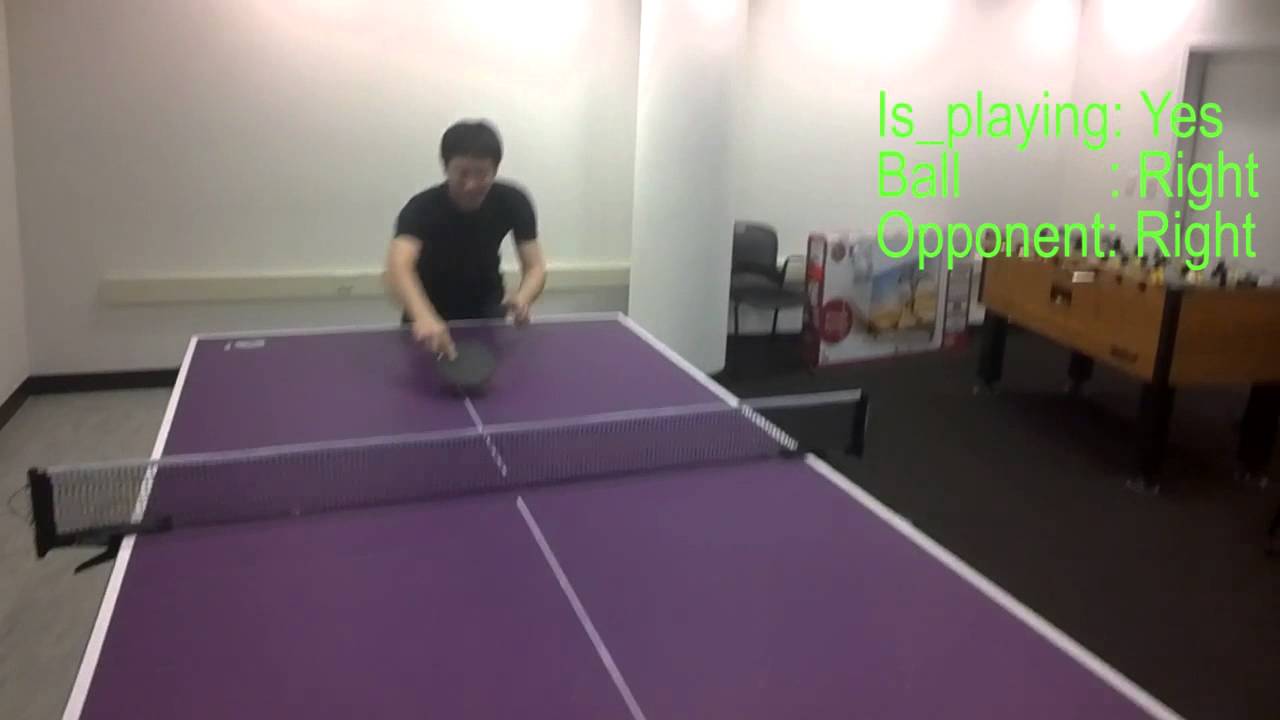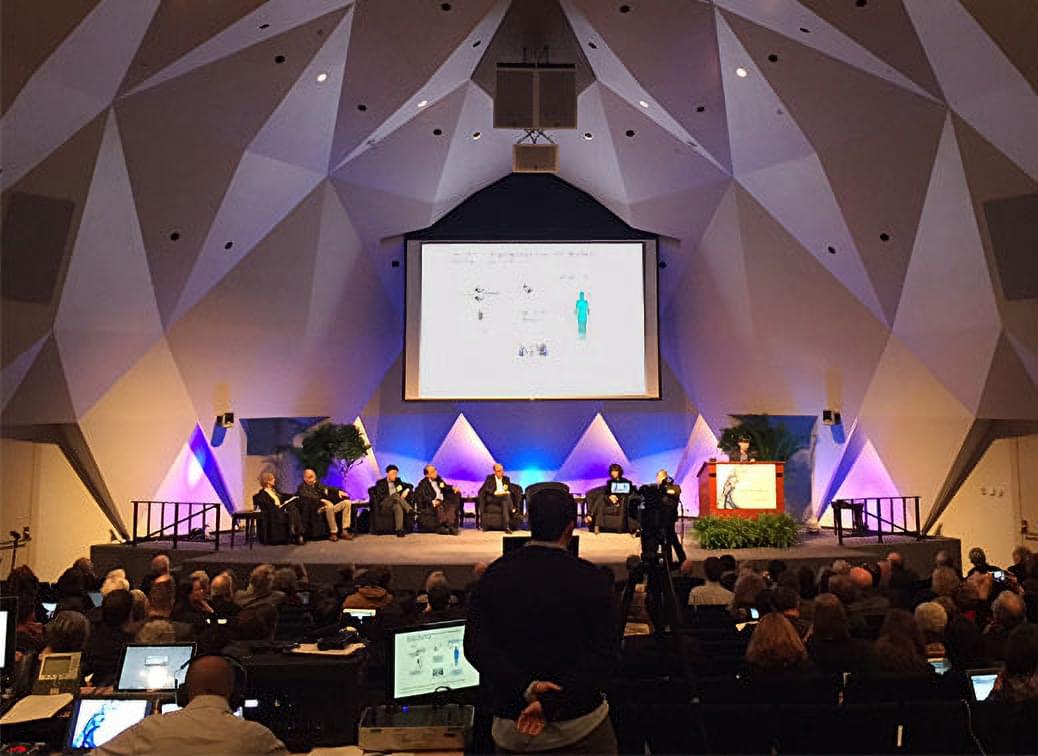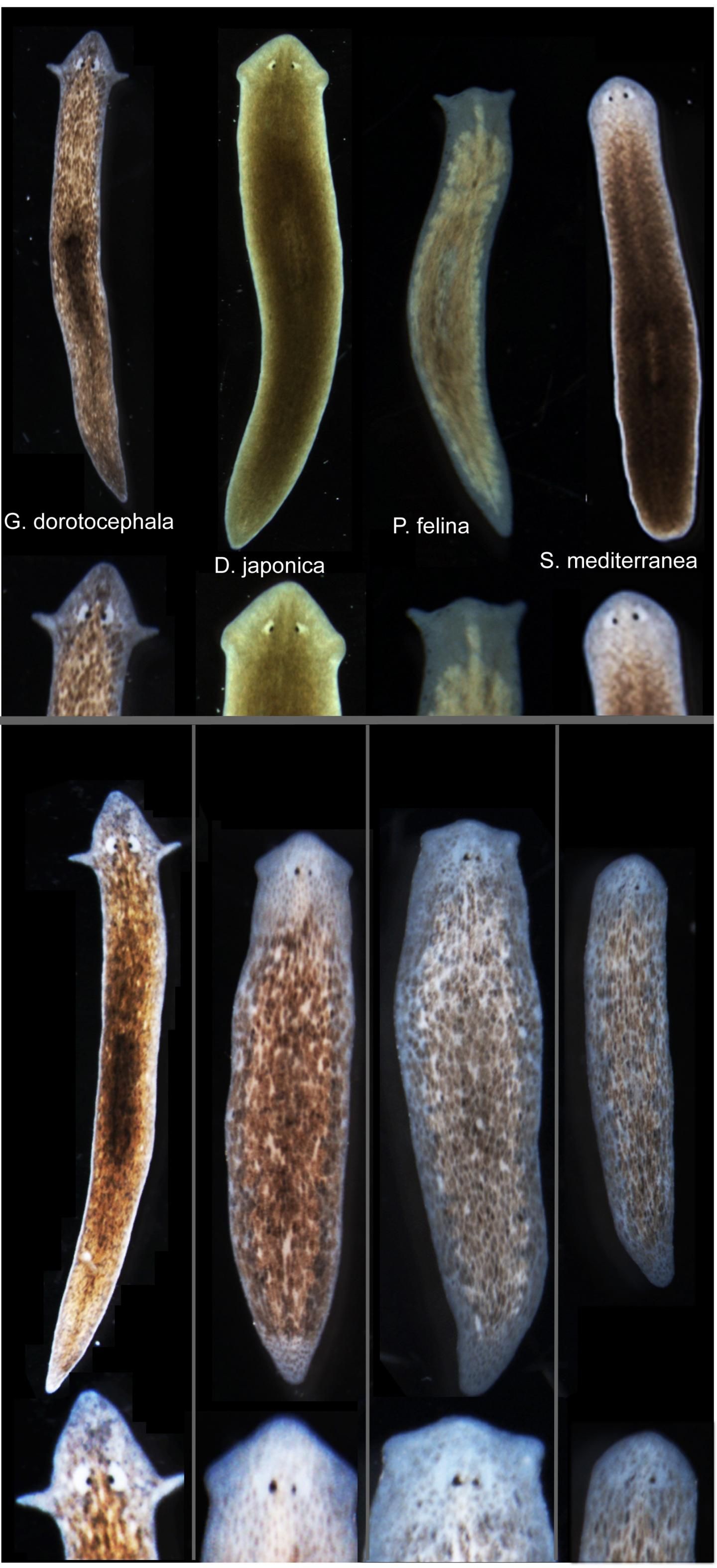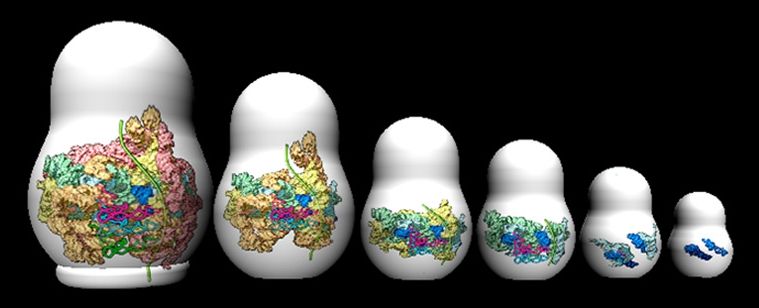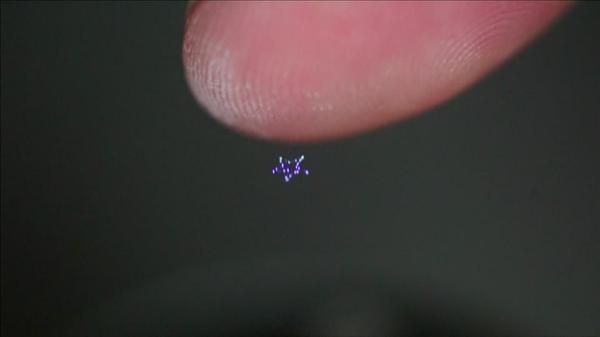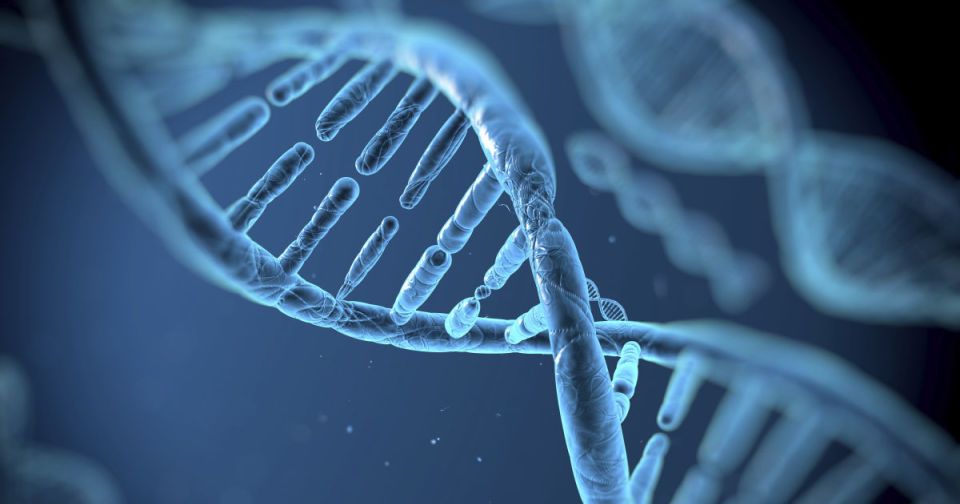Dec 2, 2015
MIT, Broad scientists overcome key CRISPR-Cas9 genome editing hurdle
Posted by Shailesh Prasad in category: biotech/medical
Researchers at MIT have engineered changes to the CRISPR-Cas9 gene editing system that significantly reduce “off-target” editing errors. In addition, a new enzyme, eSpCas9, will be useful for DNA editing requiring a high level of specificity.
